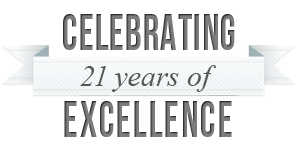I am often asked to be a mentor, a request I am both honored and humbled by. In corporate America in order to be successful we need someone who provides guidance and helps to identify unwritten rules of engagement that help navigate your organization. Your mentor should be someone you can trust in asking questions, sharing information and guidance.
Mentors should see their primary role as helping mentees think about their aspirations while painting a realistic view of what it takes to get there. Mentees should realize that most of the work in the relationship is directed by them in the form of self-reflection, action planning and the ultimate execution of that plan.
I emphasize who owns the work in a mentoring relationship because so often the relationship is interrupted by unrealistic expectations. Mentees often want to know the formula for winning and a subsequent checklist to work from. How success was achieved before is a nice historical reference, but following the footsteps of past success is not formulaic. Mentoring does not guarantee advancement or visibility. However, with increased individual effectiveness, a mentee increases the probability of her own success.
Unlike a mentor, who is chosen by the mentee for select reasons, the sponsor chooses the employee based on performance. The sponsor will provide strategic exposure, networking and positioning for an employee.
Being a sponsor is more active than being a mentor. The mentor provides personal and professional development, plus career help. Sponsors openly campaign for career advancement, often putting their own reputations on the line. At PepsiCo, leadership takes career advancement seriously. We call this “talent sustainability.” Talent sustainability is the promise to invest in our employees to help them succeed and develop the skills needed to drive the company’s growth.
Our company’s growth requires leaders and associates who can understand the world’s evolving needs. We intend to evolve our culture so our leaders and associates are recognized for their contributions and valued for the differences they bring to the workplace. Becauseofthis,itismoreimportant than ever to have mentors and sponsors who can provide guidance and position employees for career advancement.
As you assess your career, identify people who provide professional development and who may be positioning you forcareeradvancement.Bothmentors and sponsors are important and recognizing them will make you more successful.







